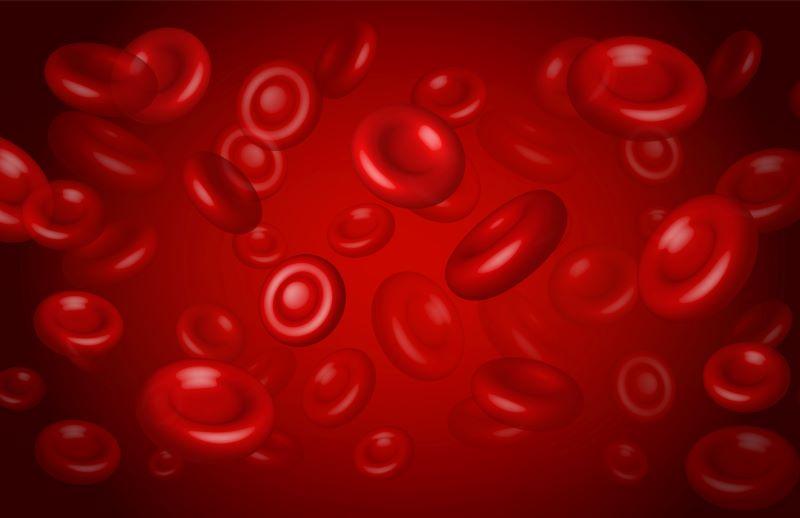Please call us to schedule your appointment or if you need us to help you decide which vaccinations you need.
(315) 848-3784
NEW! Access your prescriptions online. Click "Sign Up Today!" to create a new account.
Download our NEW Mobile App!
Get Healthy!

- Cara Murez
- Posted February 12, 2023
A1C: What Is It, and What Does It Mean for Your Heart?
You might think about cholesterol when you consider your cardiovascular health.
It's also important to consider your A1C levels.
Sugar is just as bad for your heart as cholesterol -- if not worse, said Dr. Daniel Lodge, a thoracic surgeon at Penn State Health Specialty Services in Reading, Pa.
"Diabetes is a much bigger risk factor,"he said in a health system news release.
While about 11% of Americans have diabetes, roughly 30% of those with heart disease do.
Lodge explained a little about what exactly A1C measurements are and what that can mean for the heart.
"Sugar binds to red blood cells and hemoglobin A1C is the amount of sugar bonded to the red blood cells. It measures average blood sugar over the past three months,"Lodge said.
Over time, high blood sugar causes blood vessels to harden and become blocked, he added.
Diabetes is a major risk factor for heart attack, stroke and heart failure. Heart and vascular disease is a common cause of death among people with diabetes.
It's hard to know if your A1C levels are too high or low because there aren't symptoms. Testing is critical, Lodge said.
"Every adult over 45 -- or under 45 with risk factors -- should be checked every three years, even with previous normal results,"Lodge said. "Risk factors include being overweight, physically active less than three times a week, prediabetes, gestational diabetes, or you have a parent, brother or sister with type 2 diabetes."
It can be assessed as part of routine bloodwork.
An A1C level below 5.7% is considered normal, according to the U.S. Centers for Disease Control and Prevention. A level of 5.7% to 6.4%, is considered prediabetes. Diabetics have an A1C level of 6.5% or more. The goal is to keep the level at 7% for diabetics.
Lodge suggests people can help keep themselves healthy by tracking their diets and avoiding sugar and carbs. Weight loss can help lower A1C. Any kind of exercise helps, too.
Various medicines also help lower A1C levels, he noted. A new variety called SGLT2 inhibitors lower blood sugar and A1C and have weight loss as a side effect, which also helps.
More information
The U.S. Centers for Disease Control and Prevention has more on diabetes and heart disease.
SOURCE: Penn State Health, news release, Feb. 9, 2023







